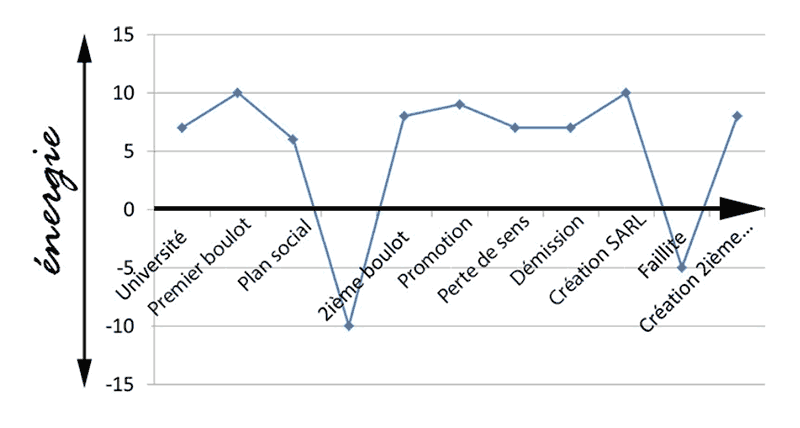Bipolar disorders affect between 0.4% and 1.6% of the adult population in France, or approximately 600,000 people. This pathology, which generally includes a depressive phase and a so-called “manic” phase, is unfortunately misdiagnosed in France: it takes on average 10 to 12 years and 4 to 5 different doctors before it is officially recognized. Experts even estimate that 40% of people with depression are actually bipolar who ignore themselves.
According to a new study conducted by King’s College London (in Great Britain), non-sick people who have, in their family, an individual affected by bipolar disorder, undergo accelerated cellular aging.
To arrive at this conclusion, the British scientists worked with a panel of 217 volunteers: 63 people suffering from bipolarity, 74 people in their immediate family (in the first degree) a person affected by bipolar disorder and 80 “control” individuals. not affected by the disease.
Lithium treatment influences life expectancy
First discovery: bipolar people benefiting from treatment with lithium had longer telomeres than bipolar people not treated with this metal frequently used to fight against nervous disorders. Telomeres are the “caps” found at the end of chromosomes: according to some studies, the longer they are, the higher the life expectancy. Hence the researchers’ conclusion: lithium treatment is beneficial for people with bipolar disorder.
Second discovery: on the other hand, people with a person suffering from bipolar disorder in their immediate family would have telomeres significantly shorter than the average, which corresponds to premature cellular aging.
“Environmental and genetic factors can influence the life expectancy of healthy subjects” conclude the researchers, who published their work in the journal Neuropsychopharmacology.
Read also :
13 sleep cycle disruptions linked to bipolar disorder
We (maybe) found the origin of bipolarity in the brain
Bipolar disorders: Depakote and Depamide prohibited in pregnancy















